As part of National Eating Disorders Awareness Week, we wanted to discuss the impact of Binge Eating Disorder on the millions of adults that are affected by it every year. Do you ever find yourself craving a cookie—and then, once you eat one cookie, not being able to stop yourself from eating another and another? Or eating chips or other salty foods until you feel physically uncomfortable?
The problem may not be that you don’t have enough self-control. Instead, you actually may be addicted to certain foods. Last year, Binge Eating Disorder was added to the manual that psychiatrists use to diagnose patients. Food addiction and binge eating are real issues that millions of Americans face every year, 40% of whom are male. Thinnergy screens every one of our patients for Binge Eating Disorder, and offer treatment for those who may be affected.
According to the American Psychiatric Association, “Binge Eating Disorder is characterized by recurring episodes of eating significantly more food in a short period of time than most people would eat under similar circumstances, with episodes marked by feelings of lack of control. Someone with binge eating disorder may eat too quickly, even when he or she is not hungry. This disorder is associated with marked distress and occurs, on average, at least once a week over three months.”
Some recent studies have showed that food addiction is a real issue. Just as some people are predisposed by genetics and brain chemistry to alcoholism or drug addiction, other people may be predisposed to be addicted to food. Dopamine, the brain’s pleasure neurotransmitter, is activated when you eat foods that mix fat and salt or fat and sweet (think French fries, potato chips, and chocolate milkshakes). But for some people, a dysfunction in this system means that the more you indulge in these foods the more you’ll crave.
In a study on rats conducted by the Scripps Research Institute and funded by the National Institute of Drug Abuse, researchers found that as the rats ate more high-calorie, high-fat foods and gained weight, they needed to eat even more junk food to adequately stimulate the reward center of their brains—very similar to what happens in people who are addicted to heroin or cocaine.
Ideas to Break a Food Addiction
So what do you do if you think you have a food addiction? The best way to end the food binge cycle is to remove yourself temporarily from the problem—and that’s where a medical weight loss program can help. Starting a low-calorie, medically supervised diet of shakes and bars will help you stay away from foods that could trigger an eating binge. Then once you begin to lose weight and feel better about yourself, you’ll be able to start identifying the life events and circumstances that make you want to overeat—and take action to cope with these events in a way that doesn’t involve binge eating. For instance:
- If you tend to eat junk food while sitting in front of the TV, you may decide to make your home a “junk food-free” zone. Stock up on fruits and veggies to munch while watching your favorite program, or skip the TV altogether and get up and go for a walk!
- If you find that you binge when eating in restaurants, you may choose to eat at home where you can control the foods that you purchase and prepare.
- If you reach for unhealthy foods when you’re home from work in the evenings, choose a positive activity to help break the negative pattern of turning to food. Why not call a friend and chat instead of searching through your cupboards for a snack?
Though initially it can be very difficult to end the cycle of food addiction, a medical weight loss plan from Thinnergy can help by connecting you with a physician who are specially trained to counsel you on maintaining healthier eating habits. Realizing how much better you feel by eating healthier and losing weight can be rewards in themselves—and will encourage you to keep up your new way of thinking about food.
